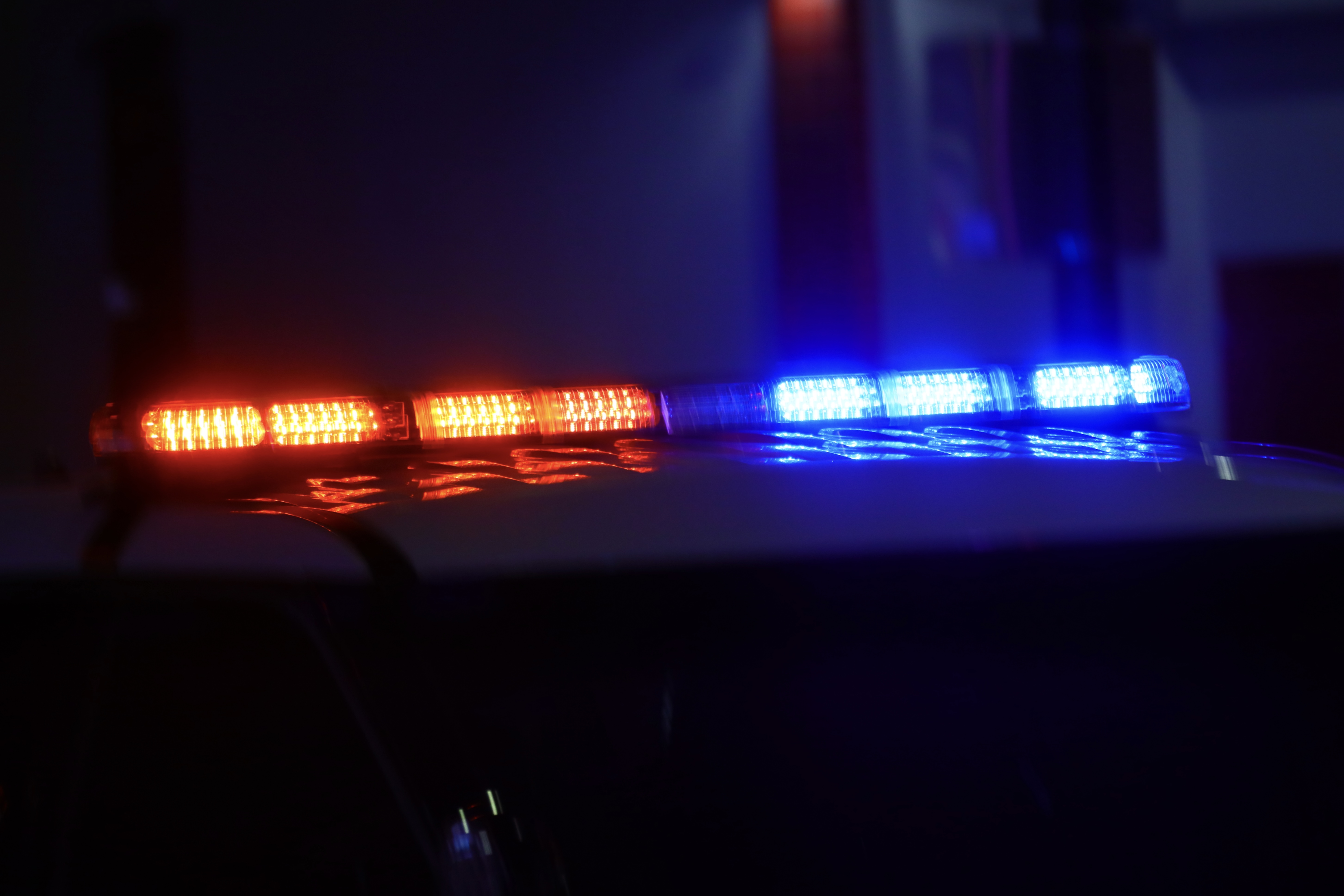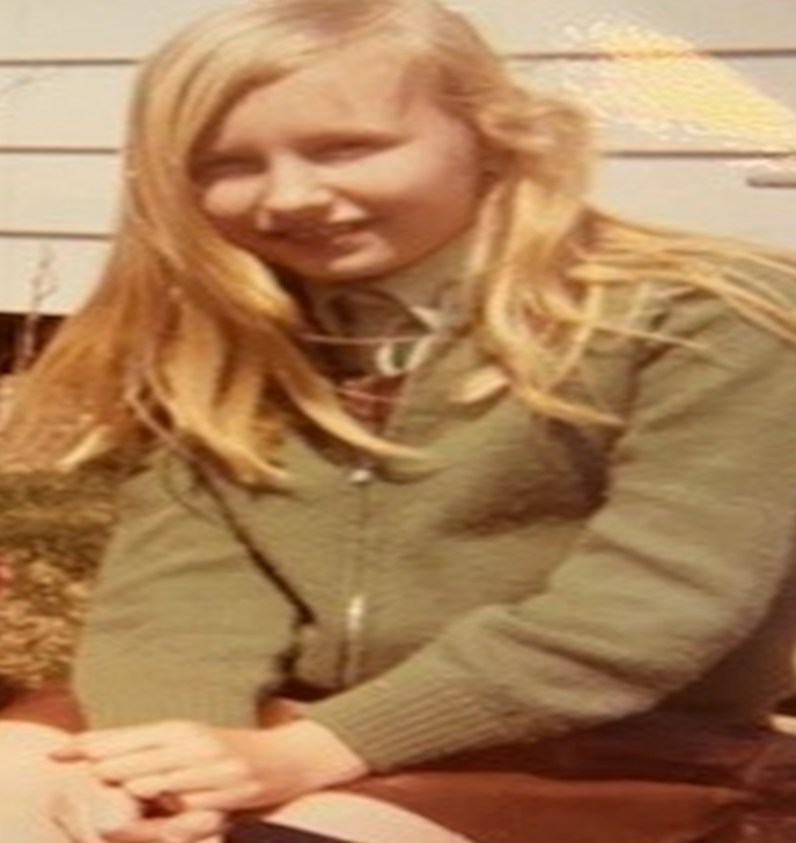President Donald Trump said Tuesday that a series of bomb threats called in to Jewish community centers around the country in the last few months "are horrible and painful."
They were his first remarks specifically addressing the threats, coming amid mounting criticism about his silence. Earlier Tuesday, Hillary Clinton called the series of threats and attacks against Jews and Jewish groups "so troubling" in a tweet that urged Trump to speak out against them.
Trump spoke over an hour later at a news conference at the National Museum of African American History and Culture.
"The anti-Semitic threats targeting our Jewish community and community centers are horrible and painful and a very sad reminder of the work that still must be done to root out hate and prejudice and evil," he said.
Before that, Trump hadn't commented directly on the threats, despite being asked about them at two recent press conferences. The latest wave of threats came Monday, with 10 locations targeted. Also Monday, dozens of headstones were toppled at a Jewish cemetery near St. Louis.
"JCC threats, cemetery desecration & online attacks are so troubling & they need to be stopped. Everyone must speak out, starting w/ @POTUS," Clinton tweeted, referring to Trump, who beat her in November's election.
About an hour afterward, a threat was received at a Jewish Community Center in the San Diego area.
U.S. & World
Also at the museum Tuesday, Trump condemned anti-Semitism as horrible in an interview with NBC News, saying "it's going to stop and it has to stop."
But the Anne Frank Center for Mutual Respect, an anti-discrimination advocacy group, said that Trump's statement is not nearly enough to address the worst anti-Semitism its staff had ever seen in the White House
“The President’s sudden acknowledgement of Anti-Semitism is a Band-Aid on the cancer of Anti-Semitism that has infected his own Administration," the center said in a statement. "His statement today is a pathetic asterisk of condescension after weeks in which he and his staff have committed grotesque acts and omissions reflecting Anti-Semitism, yet day after day have refused to apologize and correct the record."
There have been several sets of bomb threats against Jewish Community Center facilities since Trump was elected president, along with other incidents involving anti-Semitic symbols like swastikas.
The Southern Poverty Law Center said recently it reported an increase in U.S. hate groups in 2016 — the second year in a row the number has risen.
The total number of organizations considered hate groups by the SPLC rose from 892 in 2015 to 917 in 2016. Mark Potok, an editor of the report called 2016, "an unprecedented year for hate."
While Trump has spoken out against hatred and the White House said Monday that "hate-motivated violence" is unacceptable, he had not specifically decried threats and attacks against specific groups, including Jews, even when a Jewish reporter asked him about the rise in anti-Semitic incidents around the country in a contentious news conference Thursday.
Trump told the reporter, a Hasidic Jew from an Orthodox magazine who had taken pains to preface his question by saying he knew Trump wasn't anti-Jewish, to sit down. Trump said it was not a simple or fair question before describing himself as "the least anti-Semitic person you've ever seen in your entire life."
The reporter, Jake Turx, later told The New York Times he spoke with White House staff members who assured him it would give “the proper help, guidance and collaboration” on anti-Semitism.
Jonathan Greenblatt, chief executive of the Anti-Defamation League, called the president's response to Turx "mind-boggling." The ADL works to combat anti-Semitism and fights for civil rights protections.
Trump supporter Mort Klein, president of the hawkish Zionist Organization of America, said Trump must have been frustrated by the "relentless and outrageous allegations" of anti-Semitism against him and his White House strategist Steve Bannon.
A day earlier, Trump had another chance to respond to the rise in anti-Semitic harassment in the U.S. when asked about it by an Israeli reporter at a news conference with Israeli Prime Minister Benjamin Netanyahu, where Trump had opened by calling Israel a symbol of "survival in the face of genocide."
But he responded to the reporter by touting the total number of Electoral College votes he won and promised "peace in this country."
Netanyahu then took up the question, saying he had known the president, his family and some of his aides for many years and "there is no greater supporter of the Jewish people and the Jewish state than President Donald Trump. I think we should put that to rest."
But Trump's answer to that question drew criticism from the ADL, which tweeted it's "troubling that @POTUS failed to condemn real issue of anti-Semitism in US today."
Trump's daughter, Ivanka Trump, did specifically condemn the latest threats against JCCs on Monday.
She converted to Judaism when she married Jared Kushner, and she tweeted that "America is a nation built on the principle of religious tolerance. We must protect our houses of worship & religious centers. #JCC."
Greenblatt, the ADL chief executive, said on Twitter he was happy to see Ivanka Trump's tweet, but added that "All Jews need to urge @POTUS to step forward & share a plan. His words carry weight. His actions will speak even louder."
Clinton's daughter, Chelsea, also responded to the attacks Monday in a tweet — and used it to criticize Trump's silence.
"<2 months into 2017: JCC bomb threats, synagogue defamed, subway swastikas, Jewish cemetery desecrated. NOW will Trump condemn antisemitism?" Clinton said.
The White House released a statement Monday about "hate-motivated violence" in response to a request from NBC News about the wave of threats to JCCs.
"Hatred and hate-motivated violence of any kind have no place in a country founded on the promise of individual freedom," press secretary Sean Spicer said in a statement Monday. "The president has made it abundantly clear that these actions are unacceptable."
The FBI is investigating the threats as possible civil rights violations.



